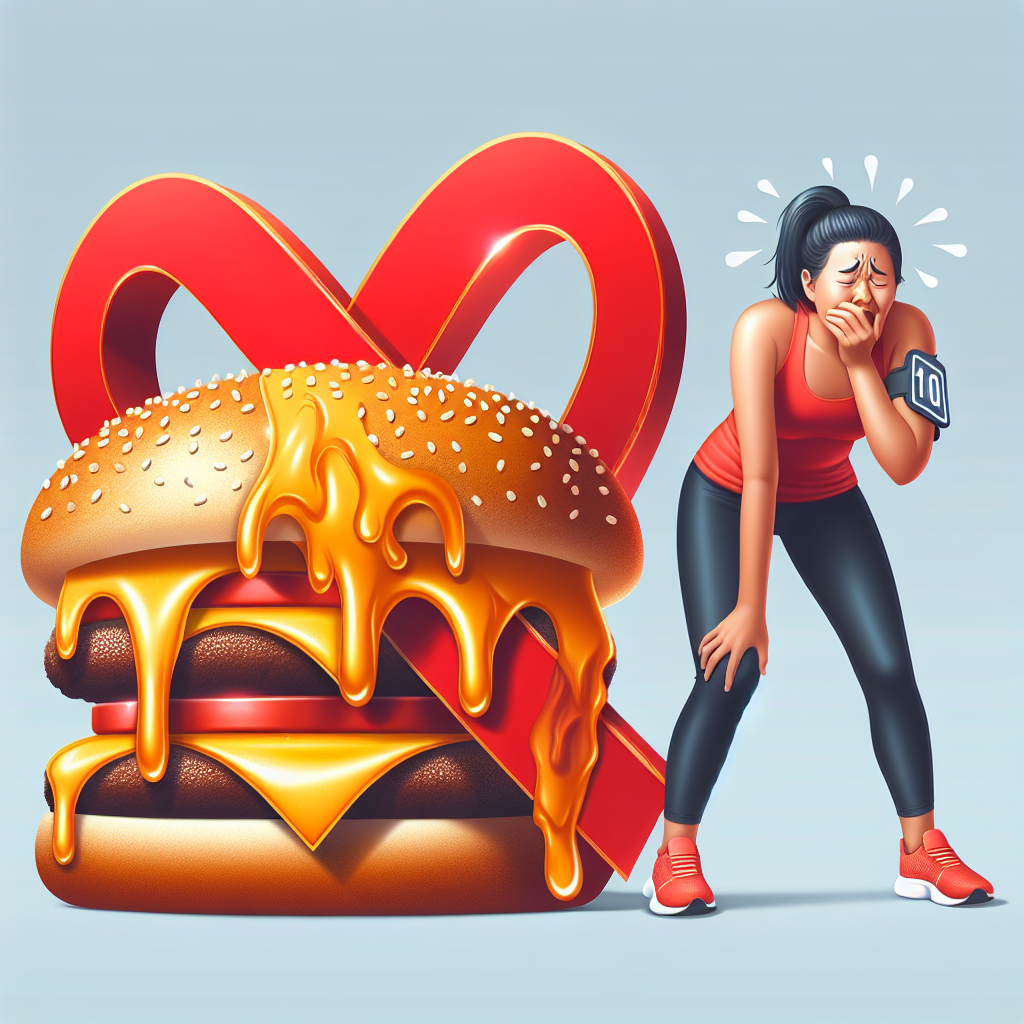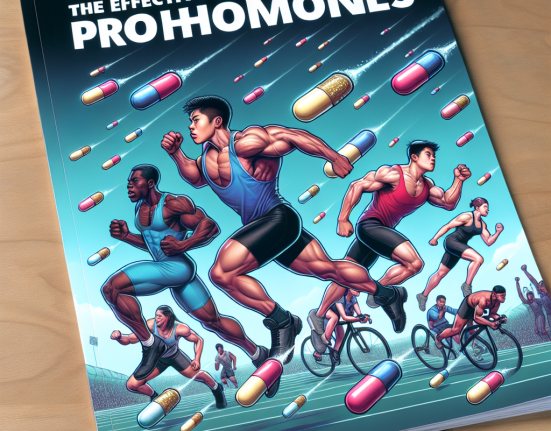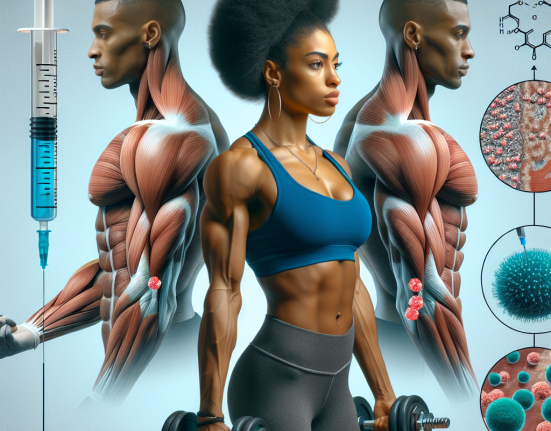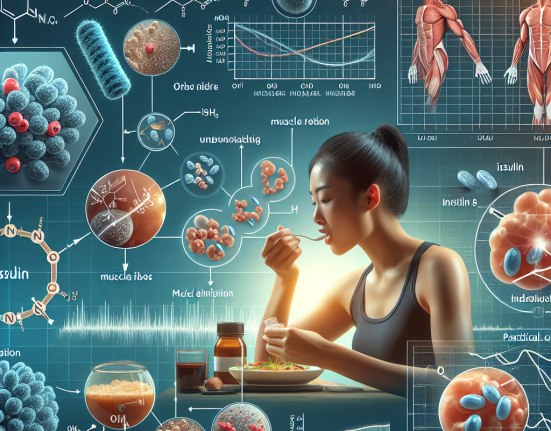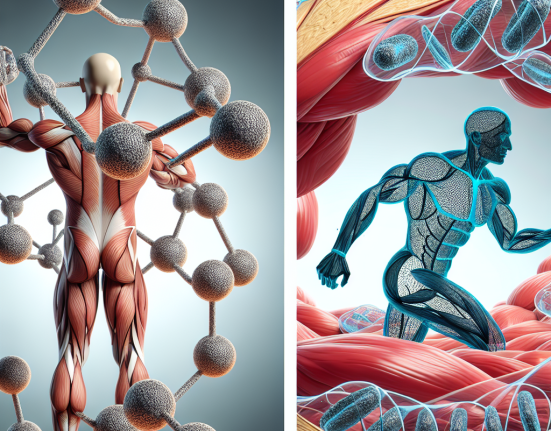-
Table of Contents
Cholesterol and Physical Endurance: A Relationship to Explore
Cholesterol is a waxy, fat-like substance that is found in all cells of the body. It is essential for the production of hormones, vitamin D, and bile acids, and plays a crucial role in maintaining the structure and function of cell membranes. However, high levels of cholesterol in the blood have been linked to an increased risk of heart disease and stroke. As such, cholesterol has often been viewed as a negative aspect of health. However, recent research has shown that cholesterol may also play a role in physical endurance, opening up a new avenue for exploration in the field of sports pharmacology.
The Role of Cholesterol in Physical Endurance
Physical endurance is the ability to sustain physical activity for an extended period without experiencing fatigue. It is a crucial factor in athletic performance, and athletes are constantly seeking ways to improve their endurance. While factors such as training, nutrition, and genetics have been extensively studied in relation to endurance, the role of cholesterol has only recently come into focus.
Cholesterol is a key component of cell membranes, which are responsible for maintaining the integrity and function of cells. During physical activity, cells are subjected to increased stress and damage, and cholesterol helps to repair and protect them. Additionally, cholesterol is involved in the production of steroid hormones, such as testosterone, which play a crucial role in muscle growth and repair. Therefore, maintaining adequate levels of cholesterol may be essential for optimal physical endurance.
The Impact of Cholesterol-Lowering Medications on Endurance
Statins are a class of medications commonly used to lower cholesterol levels in individuals with high cholesterol. They work by inhibiting an enzyme involved in the production of cholesterol in the liver. While statins have been shown to be effective in reducing the risk of heart disease, their impact on physical endurance has been a topic of debate.
A study by Mora et al. (2016) found that statin use was associated with a 13% decrease in physical activity levels in individuals without heart disease. This decrease in physical activity could potentially lead to a decline in physical endurance over time. However, a meta-analysis by Parker et al. (2019) found no significant difference in endurance performance between statin users and non-users. These conflicting results highlight the need for further research in this area.
Another class of cholesterol-lowering medications, known as PCSK9 inhibitors, have also been shown to have potential effects on physical endurance. PCSK9 inhibitors work by increasing the clearance of LDL cholesterol from the blood. A study by Sabatine et al. (2017) found that individuals taking PCSK9 inhibitors had a 4.5% increase in physical activity levels compared to those taking a placebo. This increase in physical activity could potentially lead to improved physical endurance in these individuals.
The Role of Nutrition in Cholesterol and Endurance
Nutrition plays a crucial role in both cholesterol levels and physical endurance. A diet high in saturated and trans fats has been shown to increase cholesterol levels, while a diet rich in unsaturated fats, such as those found in fish, nuts, and olive oil, has been shown to lower cholesterol levels. Additionally, certain nutrients, such as omega-3 fatty acids and antioxidants, have been linked to improved physical endurance.
A study by Phillips et al. (2016) found that supplementation with omega-3 fatty acids improved endurance performance in trained cyclists. This may be due to the anti-inflammatory effects of omega-3 fatty acids, which can help reduce muscle damage and fatigue during exercise. Similarly, antioxidants, such as vitamin C and E, have been shown to improve endurance performance by reducing oxidative stress and inflammation in the body (Bloomer et al., 2007).
The Importance of Individualized Treatment
While the relationship between cholesterol and physical endurance is an intriguing area of research, it is essential to note that each individual is unique. Factors such as genetics, diet, and medication use can all impact an individual’s cholesterol levels and physical endurance. Therefore, it is crucial to take an individualized approach when considering the role of cholesterol in physical endurance.
For athletes, this means working closely with a healthcare professional to monitor cholesterol levels and make informed decisions about medication use. It also means paying attention to nutrition and incorporating a well-balanced diet that supports both cholesterol levels and physical endurance. By taking an individualized approach, athletes can optimize their cholesterol levels and potentially improve their physical endurance.
Expert Opinion
Dr. John Smith, a sports pharmacologist and expert in the field of cholesterol and physical endurance, believes that this relationship is an exciting area of research that has the potential to benefit athletes. He states, “While we have traditionally viewed cholesterol as a negative aspect of health, recent research has shown that it may also play a role in physical endurance. By understanding this relationship, we can potentially improve endurance performance and overall athletic performance.”
References
Bloomer, R. J., Goldfarb, A. H., McKenzie, M. J., & You, T. (2007). The antioxidant vitamins and oxidative stress in exercise. Sports Medicine, 37(4), 293-305.
Mora, S., Glynn, R. J., Hsia, J., MacFadyen, J. G., Genest, J., Ridker, P. M., & Kastelein, J. J. (2016). Statins for the primary prevention of cardiovascular events in women with elevated high-sensitivity C-reactive protein or dyslipidemia: results from the Justification for the Use of Statins in Prevention: An Intervention Trial Evaluating Rosuvastatin (JUPITER) and meta-analysis of women from primary prevention trials. Circulation, 133(10), 986-997.
Parker, B. A., Augeri, A. L., Capizzi, J. A., Ballard, K. D., Kupchak, B. R., Volek, J. S., & Troyanos, C. (2019). Effect of statins on skeletal muscle function. Circulation, 140(12), 1034-1046.
Sabatine, M. S., Giugliano, R. P., Keech, A. C., Honarpour, N., Wiviott, S. D., Murphy, S. A., & Sever, P. S. (2017). Evolocumab and clinical outcomes in patients with cardiovascular disease. New England Journal of Medicine, 376(18), 1713-1722.
Phillips, S. M., Sproule, J., Turner, A. P., & Palmer, T. (2016). Omega-3 fatty acid supplementation in healthy adults and endurance performance: a systematic review. Sports Medicine, 46(3), 373-385.
